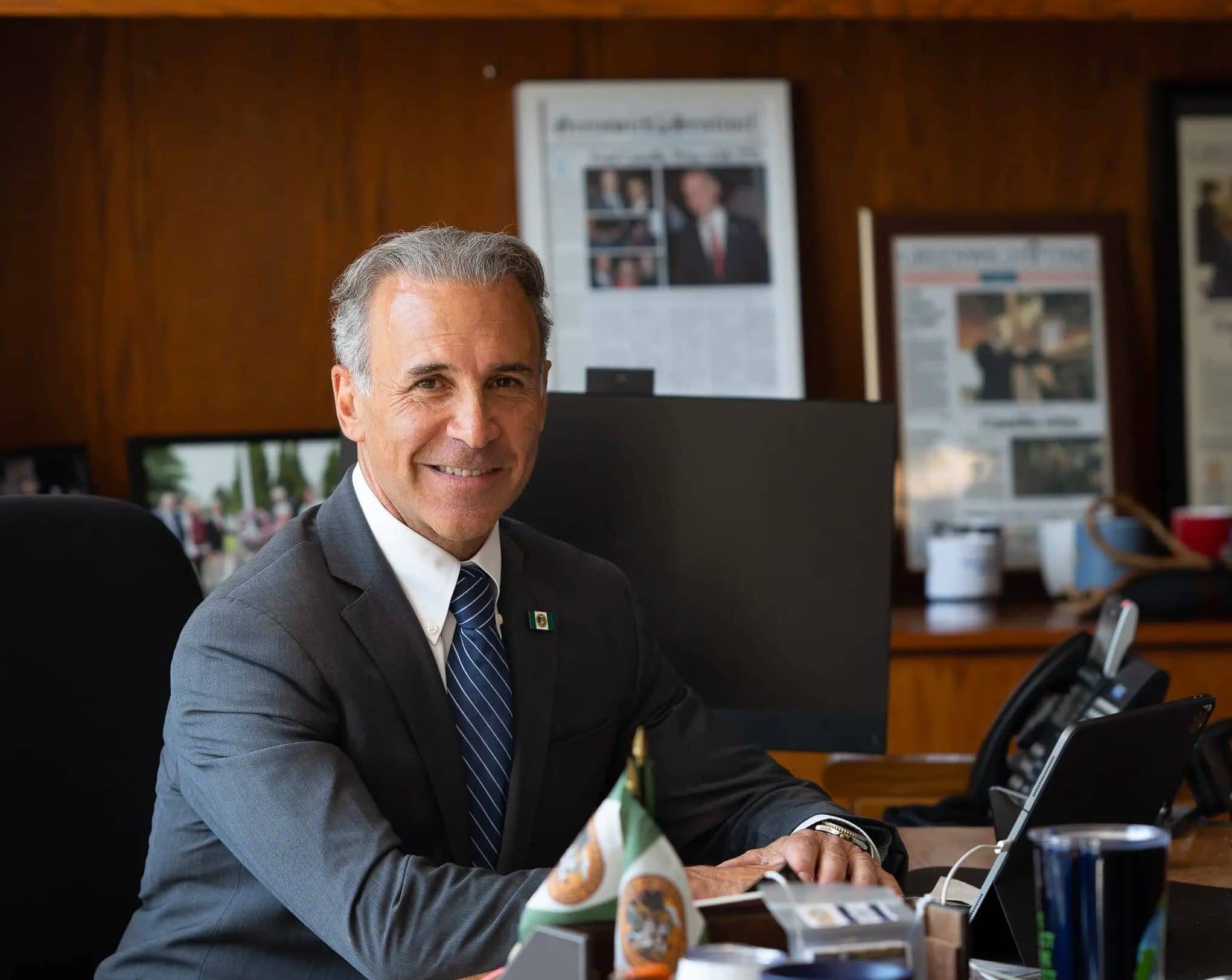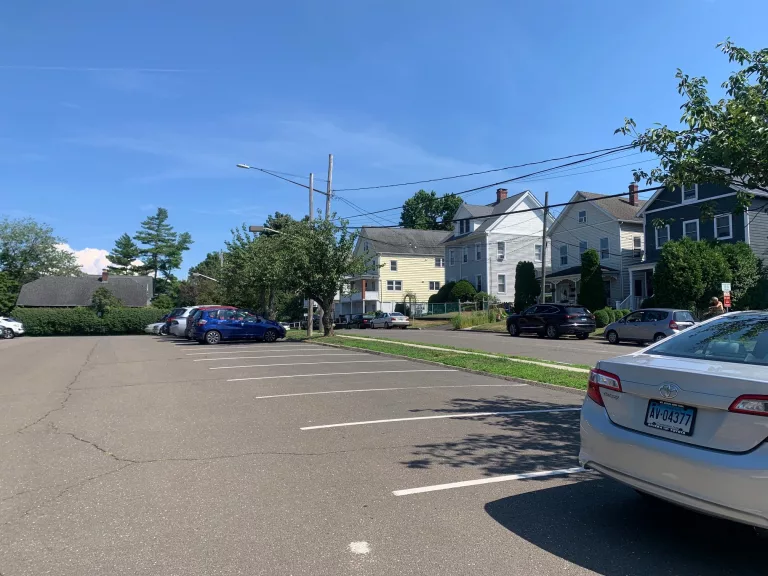
Fred Camillo testifies today before the House Planning and Development Committee against a bill to (1) clarify that certain goals and policies concerning coastal management shall apply to all public coastal resources, and (2) prohibit municipalities from restricting nonresident access to municipal parks and beaches that are accessible to residents or imposing fees for such access that are greater than fifty per cent of any fees charged to residents.
As someone who has served in the Connecticut General Assembly and now holds a position of leadership in the Town of Greenwich, Fred Camillo is well positioned to speak to the issue of HB 6650, which concerns public access to certain coastal resources. In particular, Camillo has voiced opposition to the part of the legislative proposal that seeks to prohibit municipalities from restricting nonresident access to municipal parks and beaches that are accessible to residents or imposing fees for such access that are greater than fifty per cent of any fees charged to residents.
Camillo’s opposition to this aspect of the bill is grounded in the principle of local autonomy. He argues that municipalities should have the right to determine their own policies with regard to access and fees for their parks and beaches, rather than having these decisions mandated by the state. This position is in line with a long-held belief and tradition in American governance that local officials are best positioned to understand and address the unique needs of their communities.
One of the key points that Camillo makes is that the fees charged to non-residents for access to parks and beaches are both fair and necessary. In his town, these fees are used to maintain the parks and beaches without state or federal assistance. If the proposed legislation were to mandate lower fees for non-residents, it would effectively require the town’s residents to subsidize the usage of non-residents. This would be unfair and inequitable, and would undermine the town’s ability to provide high-quality public spaces for its residents.
Camillo also notes that his town has capacity limits that are driven by concern for public safety. By limiting the number of people who can access the parks and beaches at any given time, the town is able to ensure that these public spaces remain safe and enjoyable for all. Mandating unrestricted access for non-residents would undermine this capacity limit and potentially put public safety at risk.
Camillo’s testimony on HB 6650 highlights the importance of local autonomy and the need for municipalities to have the ability to determine their own policies with regard to public access to parks and beaches. While the state may have a role to play in setting broad guidelines and providing support for these public spaces, it is ultimately up to local officials to decide what is best for their communities. By respecting this principle of local governance, we can ensure that our parks and beaches remain safe, enjoyable, and accessible for all.





